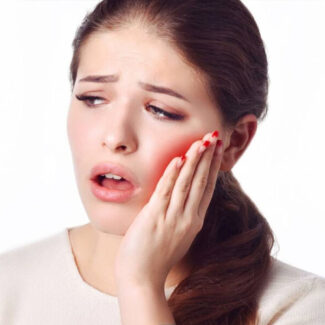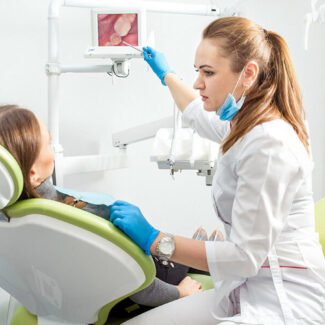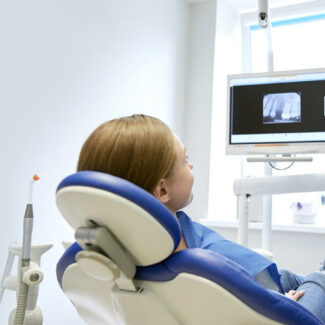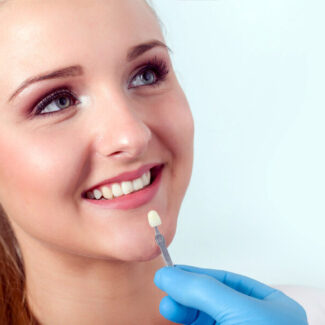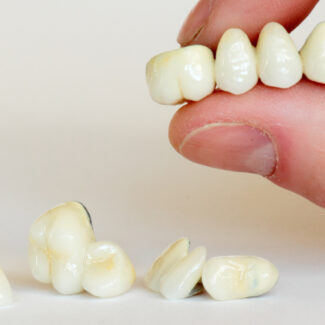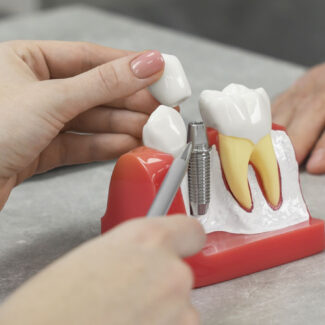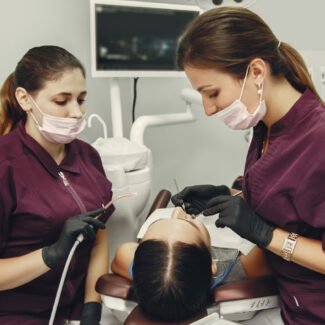Schedule an Appointment
* Asterisk'ed field is a mandatory field to be filled outNon-Surgical Gum Disease Therapy in Westport, CT
Here at Advanced Dental of Westport, CT we prefer a conservative approach when treating periodontal disease. Except in cases of severe and advanced gum disease, we always recommend non-surgical gum disease therapy.
Periodontal disease is a serious condition that presents itself when bacteria attacks the tissues below the gum line. The result is a serious inflammation that is characterized by swelling and bleeding of gum tissues, bad breath, and loose teeth, among others. Regular oral exams can help you catch gum disease while it’s still in its early stages.
If you’re experiencing the symptoms mentioned above, call us immediately to schedule a consultation with our dentist near you in Westport, CT.
Scaling and Root Planing
Scaling and root planing is also better known as deep cleaning. Scaling is the removal of plaque, tartar, and bacteria from the tooth surface, both above and below the gum line. Root planing involves smoothing the tooth roots, a process that makes it harder for bacteria to adhere to the tooth surfaces.
Six weeks after your initial scaling and root planing procedure, our dentist will schedule an appointment to check your response to the treatment. In cases where the disease has been eliminated through scaling and root planing, you will not require any further treatments—you’ll only need to come in for periodic maintenance every four months or so.
Antibiotics/Antimicrobials
After scaling and root planing, our dentist may apply topical antibiotics to the periodontal pockets below your gum line. Alternatively, the dentist near you may prescribe an antimicrobial rinse to combat the harmful bacteria in your mouth. Antibiotics and antimicrobials aren’t effective on their own. They must be used in combination with deep cleaning treatments. They are also used as short-term measures as excessive use hurts the good oral bacteria in your mouth.
Oral Hygiene
Remember, periodontal disease is largely attributed to poor oral hygiene. As such, you must become an active participant in your treatment process by ensuring you practice proper dental hygiene at home. Always ensure that you brush your teeth twice a day, for two minutes each time, with a soft-bristled toothbrush and ADA-approved toothpaste. Don’t brush aggressively, as this can hurt your gums. Floss at least once, while taking care to give adequate attention to all the teeth. Give us a call today!







